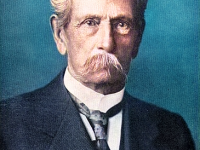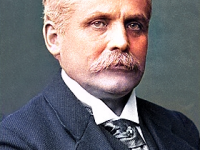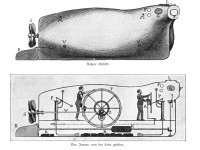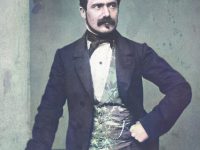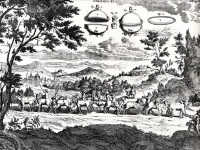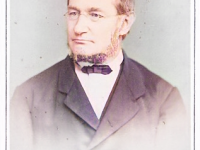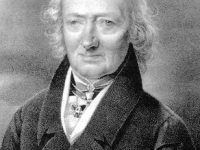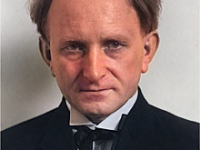Carl Benz and the Invention of the Automobile
On January 29, 1886, German engineer and entrepreneur Carl Friedrich Benz patented the first successful gasoline-driven automobile, the Benz Patent-Motorwagen 1. It was granted as DRP Nr. 37435 on November 12, 1886. His patent motor car still reminds in many ways of bicycles and carriages. “My first customer was a lunatic. My second had a death wish.” – Carl Benz, in [8] Carl Benz – Youth and Education Carl Friedrich Benz was born as Carl Friedrich Michael Vaillant into…
Read more

